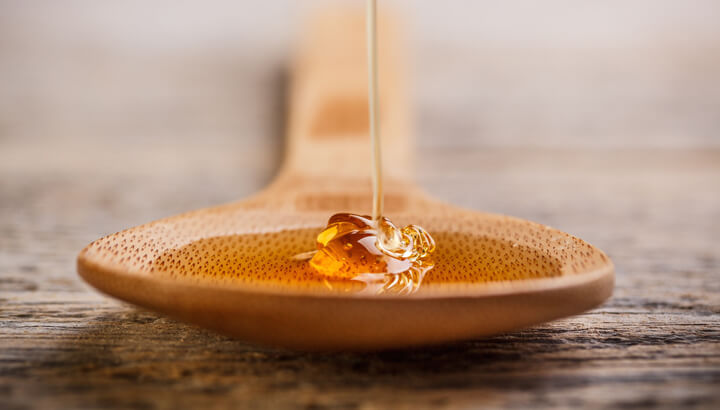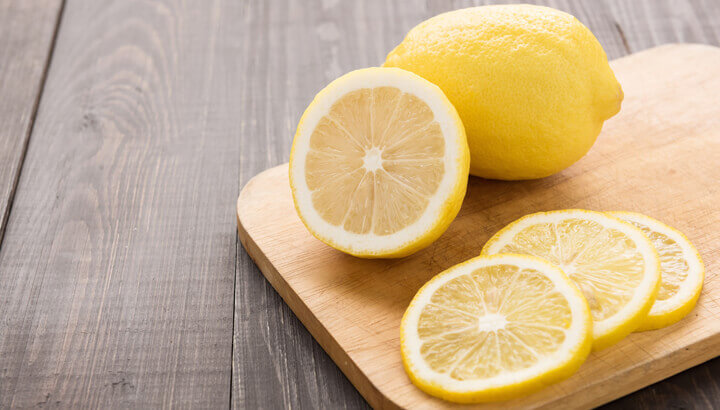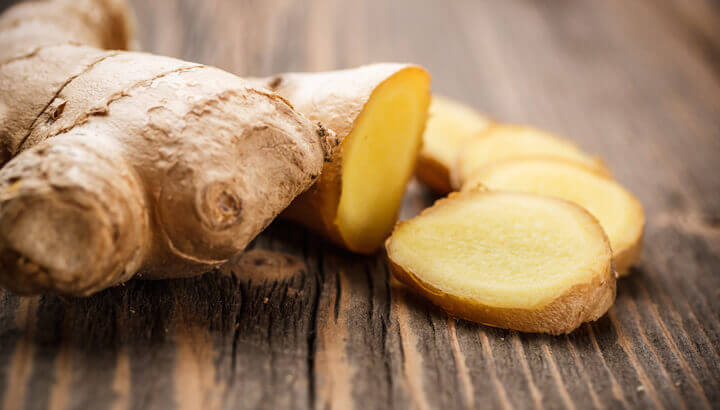
Green tea is an excellent start to any day. It is rich in the antioxidant catechin, improves blood flow and can help lower your cholesterol. Moreover, it tastes great with some healthy additions. Here are three you should consider.
1. Honey

Honey has a rich history of use as a medicinal agent. The Egyptians used it in over 500 different natural remedies. The ancient Greeks used honey for pain, gout and nervous disorders. The therapeutic properties of honey are even mentioned in the Quran. Modern medicine has confirmed what ancient societies knew all along: honey consumption comes with a wide range of benefits.
First and foremost, honey is a natural sweetener. This makes it an ideal substitute for sugar. Adding it to your green tea instead of sugar is one way to avoid the many negative side effects of a high sugar diet.
Incorporating honey into your diet isn’t just about avoiding sugar. This bee-produced elixir comes with countless health benefits of its own, the first of which is its power as an antioxidant. Antioxidants help your health on a molecular level by fighting the damage done by free radicals. The medley of antioxidants found in honey are believed to reduce the risk of heart disease and cancer. The darker the honey, the more powerful its antioxidant properties.
Honey also protects the human body from more than 60 different species of bacteria. As an added bonus, honey use will not produce resistant strains of these bacteria the way that antibiotics can. Honey is a safe, effective way to protect yourself from illness before it strikes.
As great as honey is for adults, keep it away from infants. Some honey is contaminated with the botulism bacteria. This isn’t harmful to adults, but little ones can have an extreme allergic reaction.
2. Lemon

Lemon can add more than its signature tangy and sweet taste to your green tea. These fruits are an amazing source of vitamins and minerals. Every cup of lemon juice provides 187 percent of your daily vitamin C needs. At these levels, even a tablespoon can lead to notable benefits. Vitamin C deficiency is prevalent in the United States and can lead to serious health problems. Scurvy is an extreme example. Other symptoms include gingivitis, nose bleeds and a weakened immune system.
In addition to vitamin C, lemons are an excellent source of potassium, magnesium, and copper. Minerals are essential for health maintenance and growth. A squeeze of lemon can also aid your body in digestion and weight loss. The pectin found in lemons encourages slower food processing. You’ll feel fuller longer and extract more nutrients from the foods you eat with lemon in your system.
Lemons also act as both an anionic food and a natural diuretic. An anionic food, lemon helps naturally occurring digestive fluids to do their jobs more effectively. Its diuretic properties might have you running to the bathroom a bit more often, but it will be well worth it as each trip will further flush your body of any toxins that may be lingering. These are two of the reasons that lemon water is touted as a good detoxification aid. Add all these health benefits to the flavor benefits and there is no reason to keep lemons out of your tea routine.
3. Ginger

Ginger may look like little more than gnarled root, but it is actually full of fantastic nutrients and health benefits. Like honey, ginger exhibits antioxidant properties. Over 25 different types of antioxidants reside in ginger root. This range of antioxidants is better for free-radical suppression than just one antioxidant working alone. Take into account honey and the lemon’s antioxidants as well, and your tea has just become an antioxidant-rich, free-radical destroying superstar.
Gingerol is one of the antioxidants in ginger, but it is also responsible for several other health benefits. Anti-inflammatory properties are one of them. Though data is still being gathered on the impacts of inflammation, it has been linked to arthritis, cardiovascular disease, and even Alzheimer’s disease.
Ginger can also be used to help with nausea, constipation, and gastrointestinal disorders by relaxing the muscles in your gut and allowing food to more easily pass through your system. It has also been known to help with menstrual cramps and with muscle pain and fatigue following a heavy exercise session. Like many spices, ginger root is an effective remedy for the common cold or flu.
With honey, lemon and ginger in your green tea, you can be sure to start the day off right. What other simple foods and drinks can be improved by including nutrient packed additions?
— Erin Wildermuth

